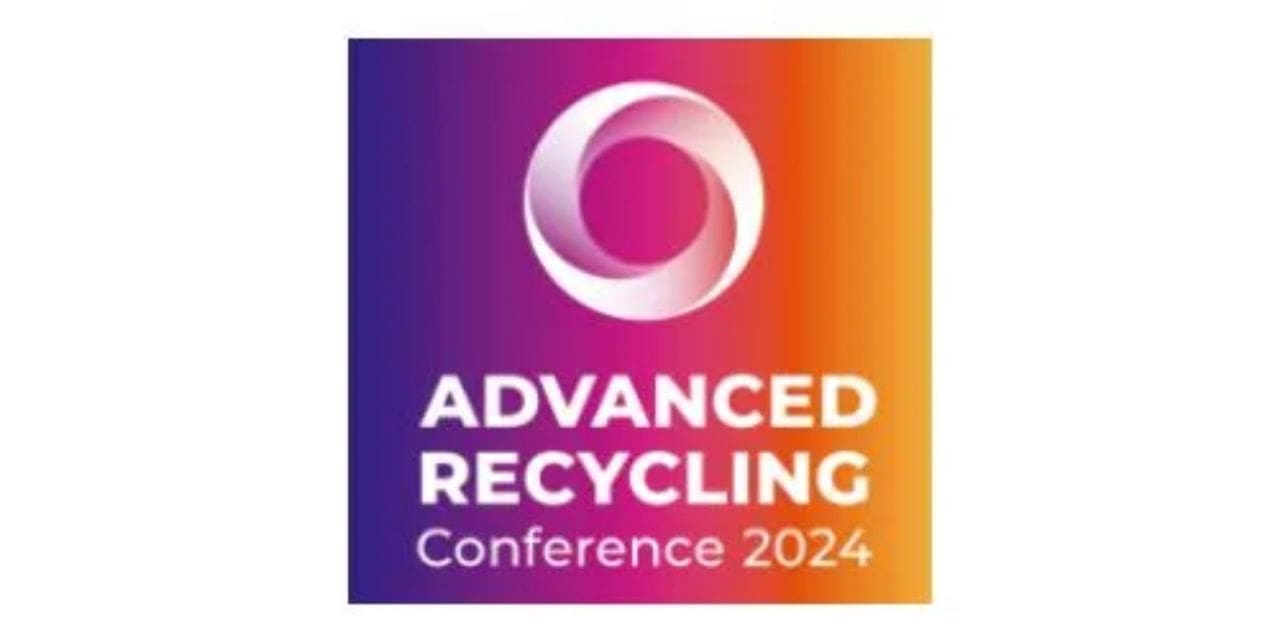Europe’s largest conference on advanced recycling explores innovative technologies and transformative strategies that are reshaping the future of sustainability.
This year, the Advanced Recycling Conference (ARC) 2024 will expand its scope beyond conventional plastic packaging to address pressing issues like e-waste valorisation, PVC recycling, textile recycling, and advanced recycling techniques for engineering thermoplastics. The conference will also highlight innovative funding strategies essential for these advancements.
ARC is set for November 20-21, 2024, in Cologne, Germany, and online and will gather industry leaders, researchers, and policymakers to explore groundbreaking technologies and strategies that can reshape sustainability.
Europe’s largest conference on advanced recycling
With nearly 300 participants from 26 countries attending the 2023 event – a 30 % increase of attendees compared to the year before – ARC has established itself as the largest conference in Europe for advanced recycling. This standing is underlined by this year’s program, with a lineup of 46 speakers, the largest to date. Dedicated sessions will introduce innovative technologies such as dissolution, depolymerisation, pyrolysis and gasification with Carbon Capture and Utilisation (CCU). They will also discuss policy issues such as the EU recycling targets of up to 70 % for packaging and 55 % for plastics.
ARC 2024 promises invaluable insights into emerging trends and collaboration opportunities in both physical and chemical recycling and serves as a crucial platform for industry leaders, brands, investors, and policymakers to navigate the evolving regulatory landscape and explore new opportunities in recycling.
More information on the conference is available at https://advanced-recycling.eu. Navigating the next wave of recycling challenges
The conference will feature various dynamic sessions led by industry experts that explore all aspects of the diverse landscape of advanced recycling, which among others include:
Perspectives of Advanced Plastics Recycling, Markets, Investments and Funding
Recycling requirements vary depending on the specific polymer and sector. From this viewpoint, topics such as recycling technologies and capacities, their complementary use, solutions for engineering and commodity thermoplastics as well as e-waste plastics, will be addressed. Further topics include price dynamics and market evolution in the plastics recycling industry as well as funding and the perspective of investors.
Dissolution Technologies for Recycling of PS and Engineering Plastics and Commodity Plastics
This solvent-based technology dissolves targeted polymers from mixed plastic wastes while the chemical structure of the polymer remains intact. Other undissolved plastic components (e.g. additives, pigments, fillers, non-targeted polymers) can be cleaned from the dissolved target polymer. The session covers polymer extraction or purification from PS and engineering plastics (e.g. ABS) through physical recycling using dissolution technologies.
From Polymer to Building Units and Back to Polymer – An Excursion Through Different Depolymerisation Technologies
Assisted by heat, radiation, the use of catalysts or addition of chemicals and enzymes, depolymerisation breaks plastic waste, and even textiles into its building units (e.g. monomers) that can be fed back into polymer production. The session covers thermal depolymerisation, solvolysis, and enzymatic recycling.
Thermochemical Recycling
Pyrolysis is a versatile tool able to complement mechanical recycling and to produce a wide range of different products for the chemical and plastics industry. Depending on the reactor and reaction design, different products in different qualities can be obtained to realise open or closed recycling loops.
Depolymerisation Technologies for PET
Assisted by solid or liquid chemicals and enzymes, depolymerisation breaks PET waste, and even textiles into its building units (e.g. monomers) that then can be fed back into polymer production. Deeper insights into solid-state hydrolysis, solvolysis, and enzymolysis will be provided.
Pre-/Post Treatment and Upgrading
These technologies are connecting elements (enablers) to all advanced recycling technologies. The here introduced processes realise higher yields and achieve higher product qualities while bringing recycling to another level.
Insights into Policy, Sustainability, Mass-balance and Alternative Naphtha
The latest updates about EU policy on Chemical Recycling and Mass Balance and Attribution will be presented, as well as deeper insights into Chemical Recycling for the Production of Alternative Naphtha and the status quo of Life Cycle Assessment (LCA) Recycling.

